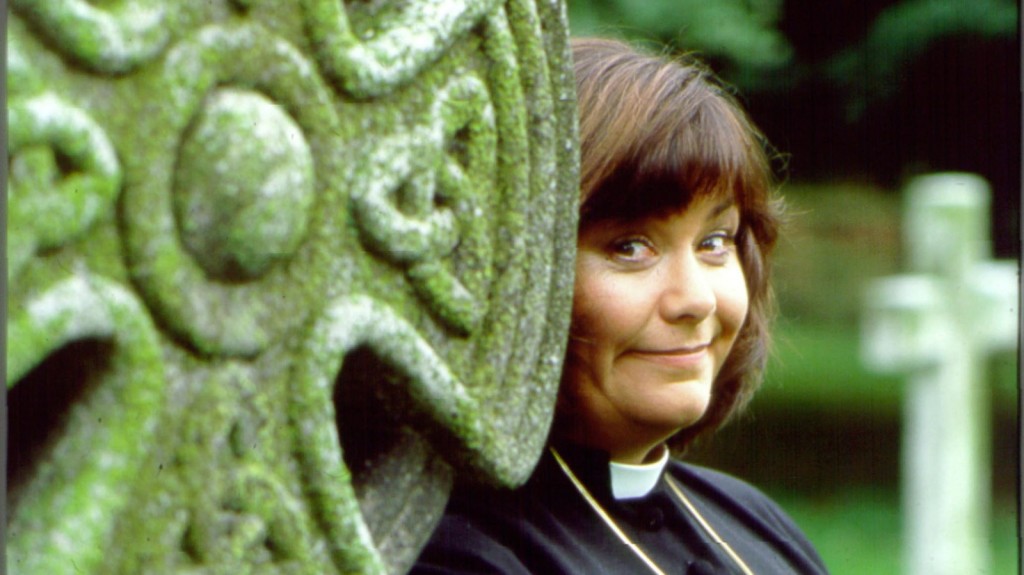New research commissioned by Christian Resources Exhibitions surveyed around 1400 regular churchgoers in Britain, asking them to rank elements of a sermon in order of importance. It turns out that humor is less popular than many preachers think.
Premier.org.uk reports
44% of believers (49% of men and 39% of women) said “biblical exposition” was the most important thing in a sermon, compared to 2% who said a “sense of humour” was important.
… Stephen Goddard, from CRE, told Premier’s News Hour: “It just shows you that people go to church for a real reason – to hear stuff that’s really going to make a difference to them.
“Somebody said it’s a bit like Dad-dancing; if you’re trying to hard to be cool, you’ll not succeed. If they think ‘well I’ve got to put in a joke here’, the people in the pews know what’s going on.”
Biblical exposition beat its practical application by a narrow margin in the survey of preferences of the people in the pews, while personal anecdotes were even less popular than jokes.
Not everyone agreed with the survey results. The Telegraph spoke to one strong proponent of humor in the pulpit:
Andy Kind, a stand-up comedian who has trained vicars in comedy techniques, said:
“Obviously people don’t want a stand-up routine in place of good teaching, and that’s perfectly reasonable – neither do I.
“But most people remember stories above facts, and nothing oils the wheels of a good story like humour. …
“Humour and laughter are wonderful gifts to the church, and we have more than a few very talented exponents of them amongst our ranks.
“It infuriates me when this amazing healing gift is seen as frivolous.”
The Rev David Keen, Vicar and blogger in Yeovil, Somerset, also reacted to the research.
The poll is heartening on one level – unpacking the Bible and applying it to everyday life would be my top two aims in a sermon. However there’s a danger that ‘people who like this sort of thing will find this sort of thing is what they like’ – there may be very different results from people who have left the church.
There’s also the question of whether delivering the sermon that people want is the best thing anyway. Jesus used a range of teaching styles: Q&A, storytelling, sermons, settling arguments, commenting on everyday things. If the goal of Sunday teaching is that people grow in Christian discipleship, in character, understanding and lifestyle, then the sermon is but one means to that end.
And sometimes the best points are made by a joke, rather than a monologue.
Last year’s CRE international event included a workshop on stand-up comedy for preachers; this year’s seminar program humorously includes an offering titled, “How to preach a terrible sermon.” There is also a Sermon of the Year competition, sponsored by the London School of Theology with Preacher magazine, with finalists in the under-21 age group as well as older. The survey found that 50% of people polled thought that young people should be heard from more often in church.
CRE International 2016 will be held at the Excel Centre in London from May 17-20, 2016.
What do you hope to hear in a sermon? What do you hope to deliver?
Featured image: Dawn French as The Vicar of Dibley (via gold.uktv.co.uk)

